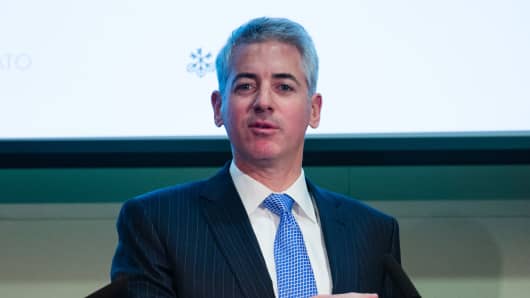Instead of focusing on what the JC Penney customer wanted, however, Johnson seemed to be intent on teaching the JC Penney customer what it should want. The sales that had been the hallmark of the JC Penney shopping experience were replaced with "everyday low prices." The idea was that customers would be better off without the confusing strategy of constantly changing prices.
Clearly, the coupon-clipping JC Penney customer did not appreciate this lesson.
Perhaps hunting for sales was part of what JC Penney customers valued in their shopping experiences. Perhaps the way a customer at the Apple store wants to shop is very different from the way a customer at JC Penney wants to shop. The idea of remaking JC Penney under the leadership of the Apple Store's visionary may have been wrong from the start.
Or perhaps it was the execution of the idea. Johnson—apparently with Ackman's support—pushed the board to adopt the transformation plan quickly, abandoning decades of past experience with very little testing. The customers also had very little time to learn the lesson Johnson was trying to teach, and the sales force did not have a lot of time to adjust to the new regime.
Sales tanked. Same-store sales fell 19 percent in the company's first quarter last year. The decline grew even worse as the year stretched on. In the crucial fourth quarter, when holiday sales typically drive retailers into profitability, sales declined 32 percent. For the year, sales were down 25 percent.
Ackman blames execution. At an investment conference in Boston last week, the activist investor said that the company had undertaken "too much change too quickly without adequate testing." The execution of the plan "has been something very close to a disaster," Ackman said.
Of course, as one of the most public advocates of the plan to transform JC Penney, Ackman would want to blame the execution. He needs investors in his funds to continue to believe that his plans work. Ackman is, after all, in the process of building an investment fund with permanent capital that would be publicly traded. He doesn't want his big investors to lose faith in his ideas.
Ackman is, to all accounts, an Idea Guy. He thrives on coming up with brilliant, new ideas about public companies and then attempting to see them realized through activism. This is what he did, for example, when he went after Target with a giant list of Big Ideas to increase the value of the company.
The Herbalife short is another Big Idea. So are Ackman's views on the Hong Kong dollar. He's a guy who doesn't just want to be thought of as a smart investor, he wants to be thought of as a smart investor with Big Ideas.
One of the problems with being a Big Idea Guy is that you sometimes overlook how messy the execution is likely to be.
That, perhaps, is the real lesson of JC Penney. If you have a Big Idea that is so difficult to execute that even someone as brilliant as Ron Johnson can't make it work, maybe it wasn't such a useful idea after all.



